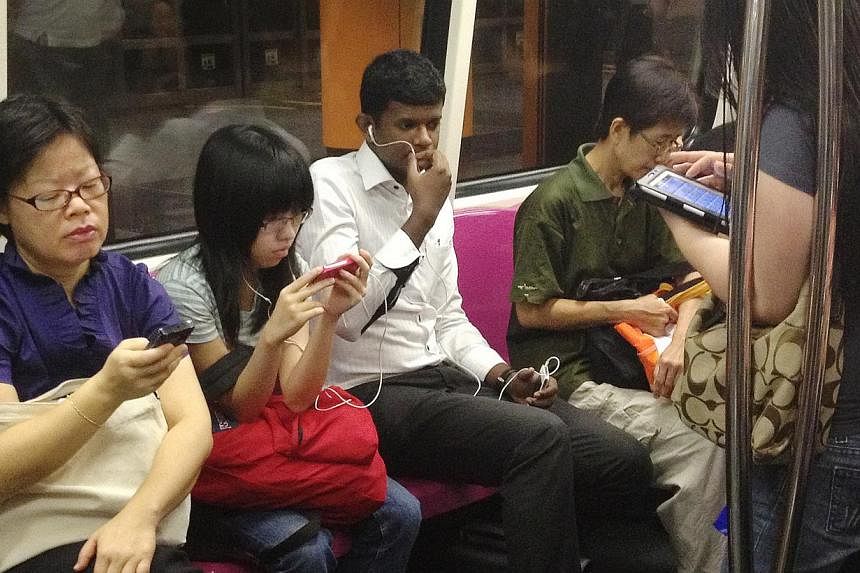Software piracy is on the wane here due partly to computers falling out of favour with consumers.
The 10th Global Software Survey released yesterday showed that 32 per cent of software used in homes and offices in Singapore last year was pirated, down from 33 per cent in 2011.
Market research firm IDC AsiaPacific said there has been a shift in device preferences, which has affected the way people acquire software. It conducted the study for industry watchdog The Software Alliance (BSA), previously known as the Business Software Alliance.
"Instead of buying computers, people are buying tablets as they are cheaper," said Mr Victor Lim, IDC's vice-president of customer research and consulting.
Demand for tablets almost doubled from 660,000 units in 2011 to 1.27 million last year, the company said. In contrast, computer shipment here, which peaked at 1.5 million in 2011, slid to 1.07 million last year. This has led to fewer pirated programs being used, Mr Lim said, adding that the trend is expected to continue.
Tablet software purchases have yet to be captured in the study, but Mr Lim said that tablet users are buying legitimate software.
Consumers said they are more willing to pay for tablet apps than traditional computer programs because they are cheaper.
Copywriter Lee Teen Yen, 40, paid less than US$20 (S$25) for two document editing apps for her iPad. "Consumers wouldn't mind paying this much - but not hundreds of dollars for an operating system and productivity software," said Ms Lee.
Medical social worker Ho Seih Hwa, 28, concurred: "I won't pay more than $100."
Meanwhile, sellers of legitimate software still lost a record US$344 million (S$430 million) in potential sales of original programs last year due to piracy. This is higher than the US$255 million of reported losses in 2011, as the US dollar has strengthened since.
Software piracy in Singapore has been declining gradually since 2003 when 43 per cent of home and office computers used pirated software.
Mr Roland Chan, senior director of compliance at BSA Asia-Pacific, attributed the fall to users' fear of malware infection.
He also cited factors such as police raids on companies suspected of using illegal software and the BSA writing to companies to persuade them to buy the real thing rather than end up in court.
The watchdog offers a $20,000 reward for every anti-piracy tip-off that leads to successful action being taken.
Bootleg software cost the Asia-Pacific US$21 billion last year. This was higher than in any other region and made up nearly a third of the global piracy toll.

